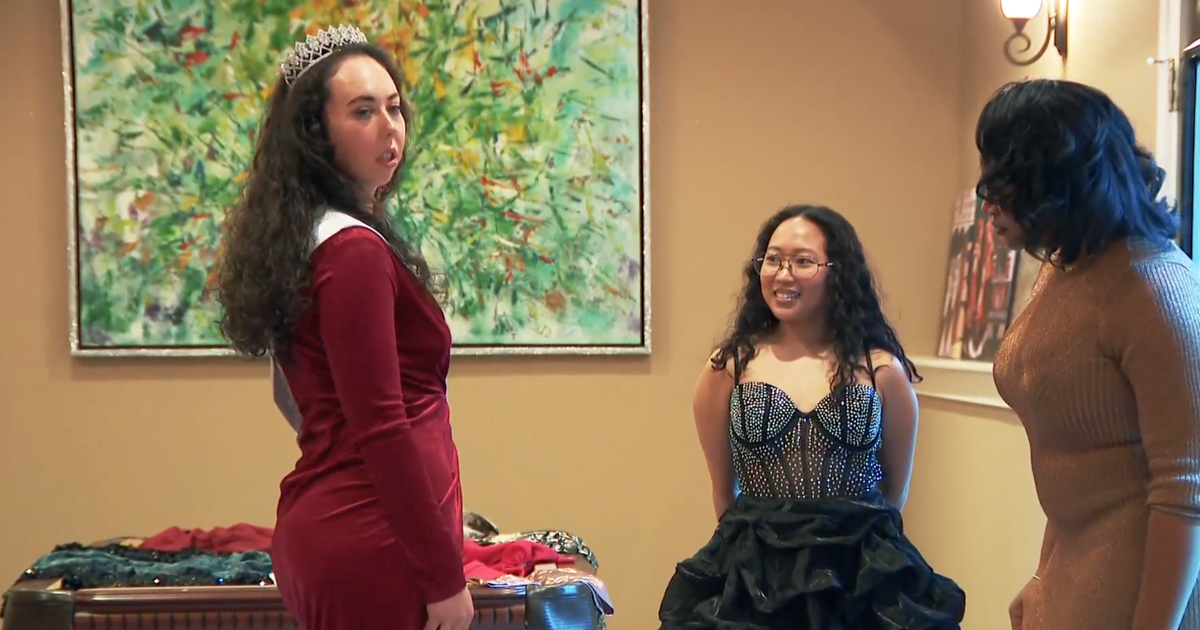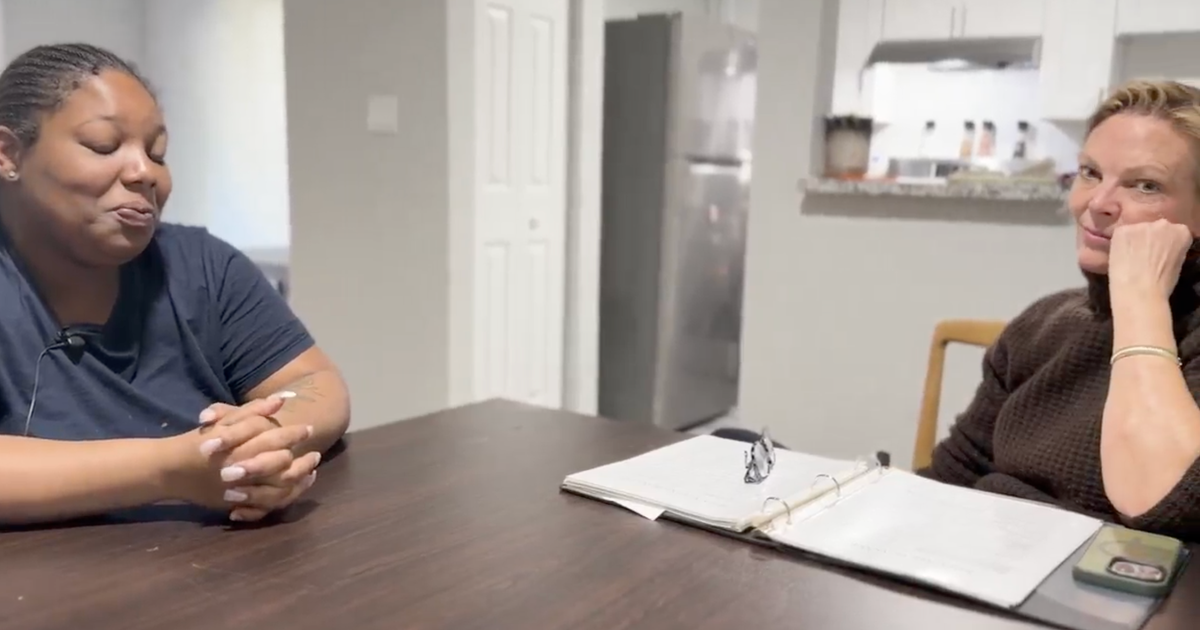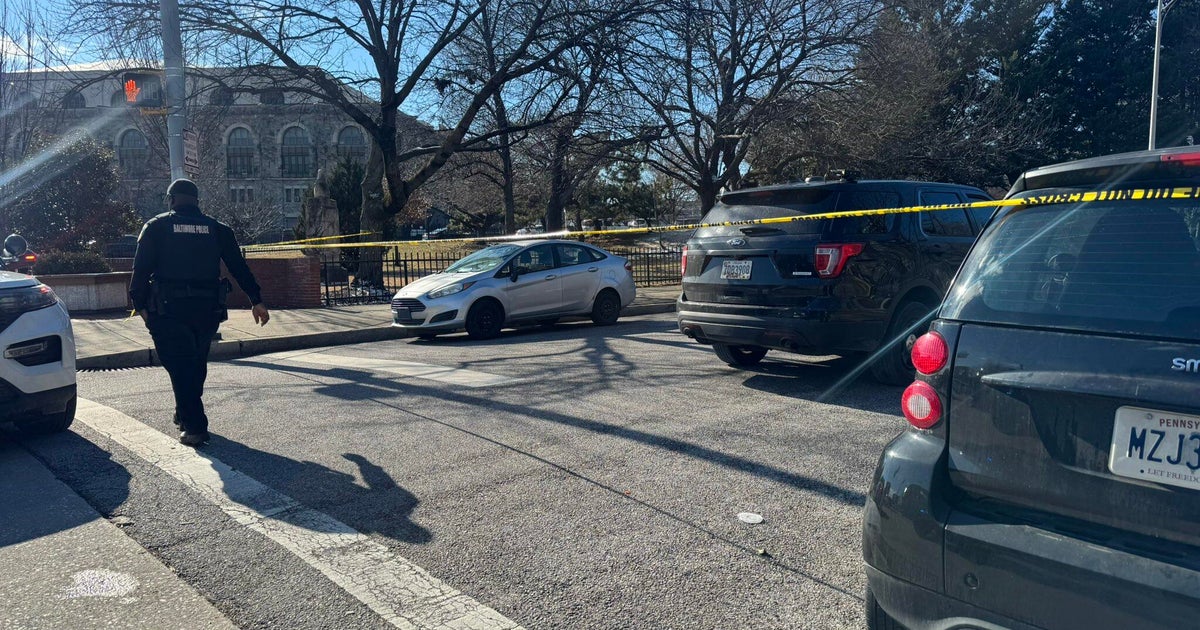Tennis Legend Chris Evert Reveals Ovarian Cancer Diagnosis
NEW YORK (CBSNewYork) -- Tennis hall of famer Chris Evert has revealed she is battling ovarian cancer.
Evert, 67, lost her youngest sister to the disease nearly two years ago and that tragedy likely saved her life, CBS2's Dr. Max Gomez reported Monday.
Evert said she feels lucky her ovarian cancer was caught early. In a statement, Evert said she wanted to share her Stage 1C diagnosis and the story behind it as a way to help others.
Dr. Fidel Valea, chief of gynecological oncology at Northwell Cancer Institute, said Evert will get chemotherapy despite her early stage cancer.
"We give chemotherapy to the patients that have Stage 1C because they have just a little bit higher risk of cells flicking off and landing somewhere that we can't readily pick up," Dr. Valea said.
Since Jeanne Evert developed her cancer at a relatively young age, doctors suggested Chris get genetic testing, which showed she had a variant of the BRCA1 breast cancer mutation.
That eventually led to Chris having a preventative hysterectomy, which found her early-stage cancer growing on her fallopian tube.
Most women are surprised to know a hysterectomy is actually more life-saving than a mastectomy.
"We don't have any good screening tests for ovarian cancer. We have screening tests that are effective for breast cancer, so we can impact breast cancer more," said Dr. Valea.
Ovarian cancer is often called a silent disease even though it does cause some symptoms. The trouble is, they're pretty vague: not feeling well, feeling bloated, getting full quickly when eating, and urgently or frequently needing to urinate.
If you're experiencing these symptoms on a repetitive basis, be your own advocate and get evaluated for ovarian cancer.
If you have a family history of breast or ovarian cancer, genetic testing and counseling may be indicated. Remember, you know your body best.
Evert's genetic test revealed something called a "variant of unknown significance." If that happens to you, check back with you doctor periodically because some of those variants raise your risk for cancer.







